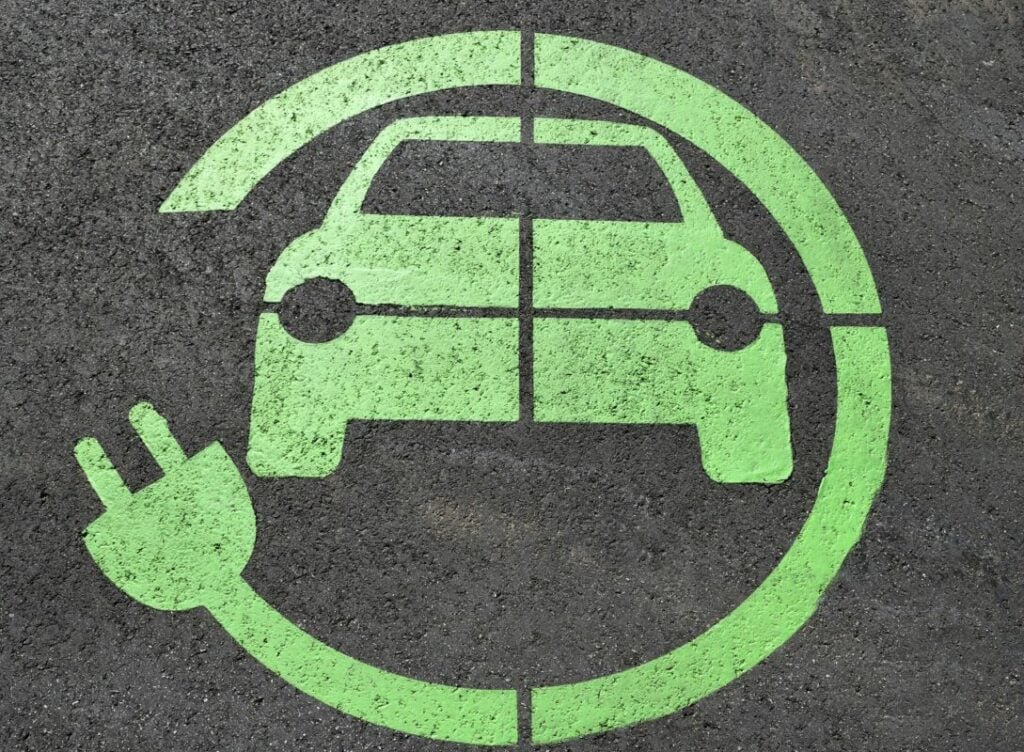A new study by the RAC has revealed that the UK is “not on track” to meet its target of having six or more rapid or ultra-rapid electric vehicle (EV) chargers at every motorway service in England by the end of 2023.
In its Taking charge: the electric vehicle infrastructure strategy published in March 2022, the UK Government stated that every motorway service area will have “at least six rapid chargers by the end of 2023, with some having more than 12.”
However, using the EV charging map of 119 motorway services in England, provided by Zapmap, the RAC revealed that only 23% to 27% had the target number of chargepoints.
Moreover, only six motorway service areas in England currently have over 12 rapidor ultra-rapid chargepoints, these being Exeter on the M5, Rugby on the M6, Reading East and West on the M4, Thurrock on the M25 and Wetherby on the A1(M).
According to the vehicle and breakdown services company’s study, there are an estimated 400 high-powered charging units located at motorway services, meaning that England currently has an average of 3.4 rapid/ultra-rapid chargepoints at motorway services – just over half of the 2023 target.
In addition, 19% (7,928) of the 42,566 EV charging devices in the UK (according to latest Zapmap data) are ultra-rapid or rapid charging; the RAC revealed that of these 7,928 only 5% are situated at motorway services.
“Our findings show there is much work to be done before the end of the year if the Government’s target of having six high-powered chargers at every motorway service area is to be met,” said RAC EV spokesperson, Simon Williams.
“Installing these types of units is not straightforward as connecting to the electricity grid is expensive and time-consuming, but clearly more needs to be done to make this process simpler than it is currently. While we understand the government is taking steps to expedite matters, the importance of ensuring sufficient high-powered charging is readily available up and down our motorway network can’t be emphasised enough.
“As a lack of charging facilities is rapidly becoming one of the most widely quoted reasons for drivers not going electric, all parties involved in making installations happen must work together to overcome this obstacle.
“We have long argued that rapid and ultra-rapid charging is vital to give drivers confidence they can make journeys beyond the range of their vehicles in the most time efficient way possible. While early-adopters have been prepared to plan their journeys carefully around recharging stops, the everyday driver will want this to be much easier and quicker.
“With approaching 1m battery electric vehicles on the road and the Government having a goal of 80% of new cars sold by 2030 being zero-emission, it’s critical that the country’s charging network grows proportionately, particularly at the fastest end of the charging spectrum.”
Last week, the UK Government published new EV charge point statistics revealing that the number of installed devices increased by 8% in the first three months of 2023.





